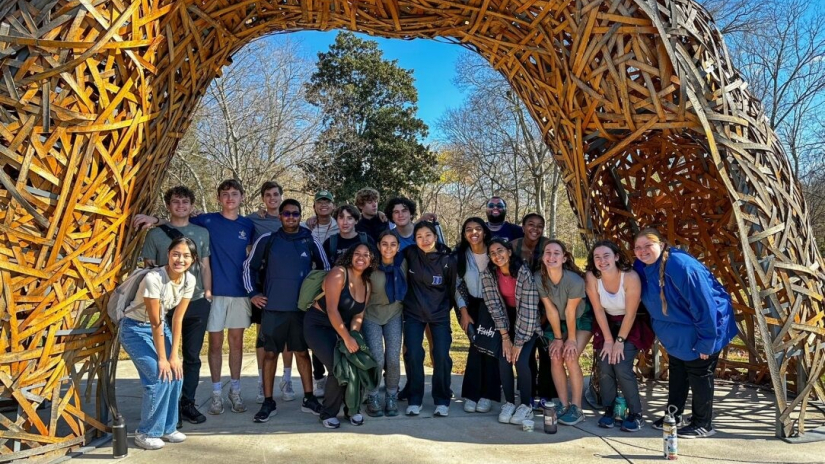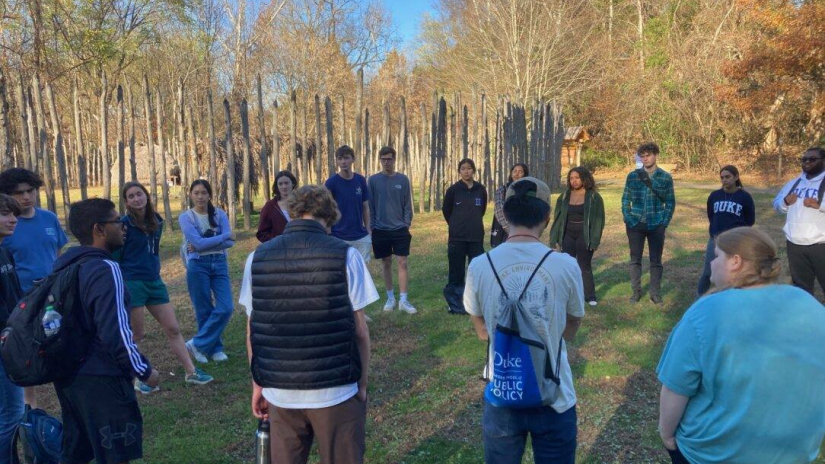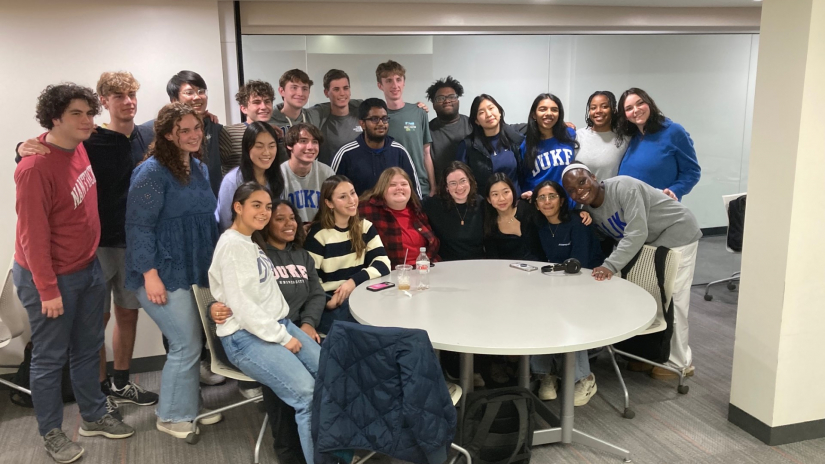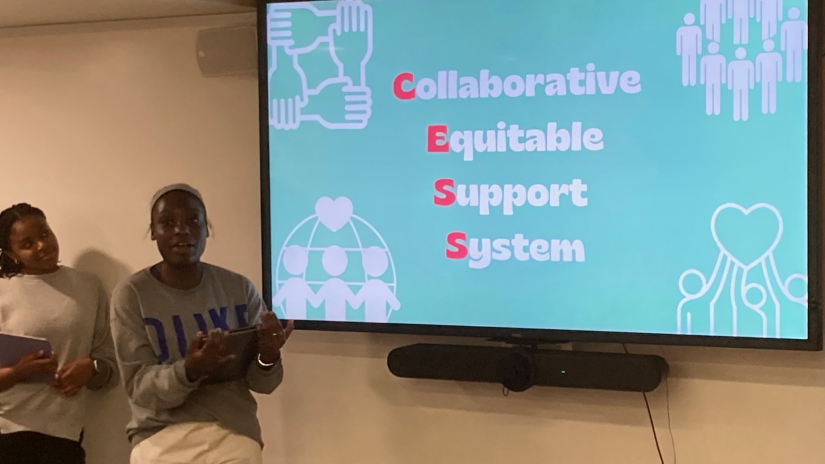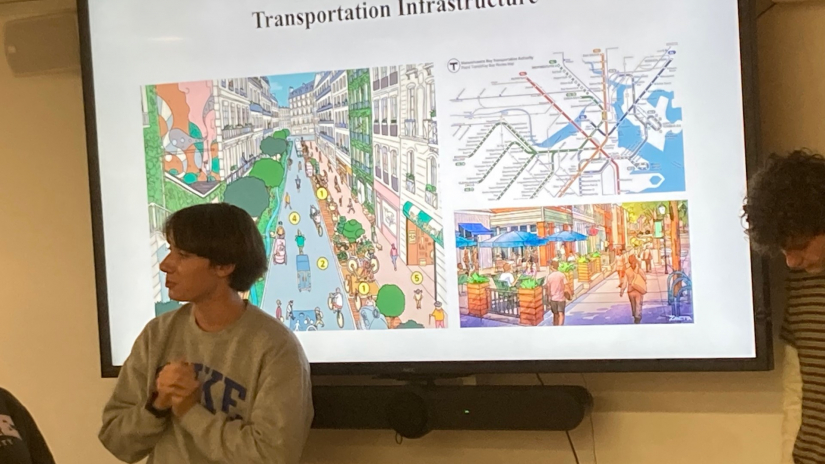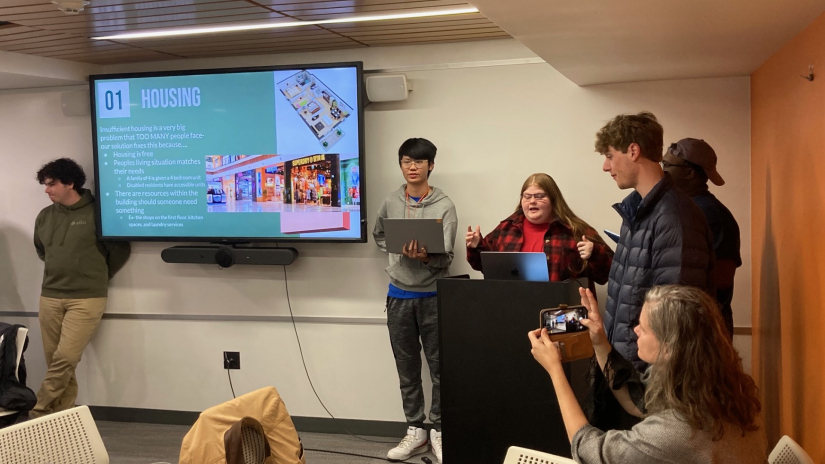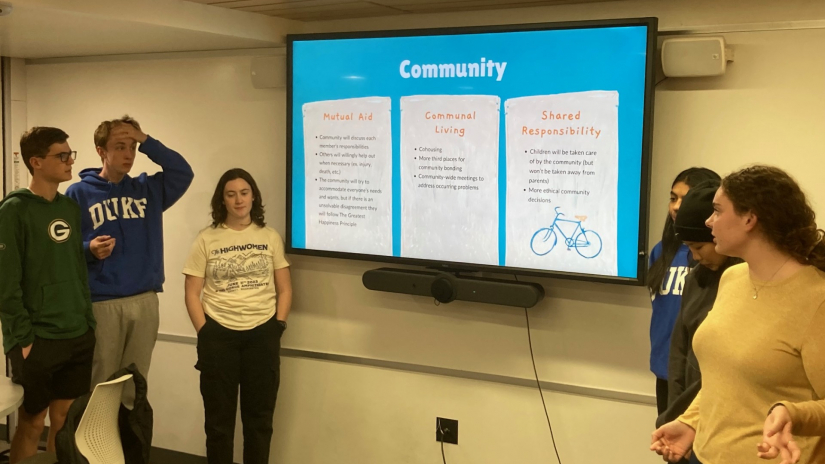It’s Not Too Late to Build a Better World
Overview
It is almost a cliché to say the world is facing cataclysmic crises—of governance, of the environment, of inequality in wealth, opportunities, and capacities. Many reformers confront big challenges like these with proposals that essentially tinker at the margins and stop short of exposing deeper causes of the crises or contemplating the real opportunities for a better future. This Focus cluster gives students opportunities to go beyond stale assumptions and engage with theories and practices that promote justice rather than greed and cooperation rather than exclusion—opportunities to think expansively about bold solutions to the crises we face and ultimately how to promote human flourishing on a grand scale.
Today we live in a world dominated by one story—a story of growth, extraction, and exploitation. It is a story, however, that merely represents one of many possibilities for our future as a planet. The Build a Better World Focus cluster investigates ways of thinking and being that both expose and move beyond the singular extractivist logic of modern societies. Working with a rich trove of historical and contemporary knowledge in the worlds of science, the arts, technology, and political economy, our rotating courses explore a wide range of alternative stories, experiences, and visions, ranging from Indigenous practices to the newest findings of post-growth care economies or the work of environmental and racial justice activism. Our courses are discussion-intensive and include deep readings, research opportunities, interactions with the larger community, and—most importantly—thinking in new and exciting ways about the most pressing problems facing our world.
In this Focus cluster, students will ask: what will it take to move the world away from dystopia and towards a future that foregrounds justice, ecological sustainability, and human flourishing?
Courses
Public Policy 171FS/Ethics 182FS/History 170FS/Economics 182FS - Beyond Denial - A Thriving Future (HI)
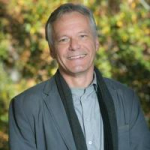
Dirk Philipsen, Associate Research Professor in the Sanford School of Public Policy; Associate Research Professor in the Department of History
What are the roots of the climate crisis or unparalleled inequality? This course explores big ideas that envision a radically different future, one that provides for the common good within our given biophysical limits, including discourses such as post-growth, wellbeing, and care economics; eco-feminism; eco-anarchism; decolonization; ecological justice; and commoning. A reading and discussion intensive course that uses an interdisciplinary approach and includes elements of research, individual and group presentations, as well as a writing requirement.
ETHICS 180FS- Sex, Pleasure, and Justice: Documenting Reproductive Utopias (IJ)
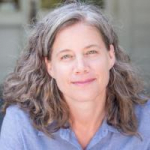
Wesley Hogan, Research Professor of the John Hope Franklin Humanities Institute; Research Professor in the Department of History
While the US recognizes young people for achievements in music, sports, and technology, their contributions to politics—especially those creating a more just nation—are often downplayed. Despite significant innovations for justice in the 20th and 21st centuries led by those under 30 to destroy Jim Crow, legalize contraception, and stop police brutality, we do not have great documentation of these youth leaders. Today’s reproductive justice activists advocate for decolonizing sexuality and providing accurate, stigma-free care. Students in this course will use oral history and archival research to document how activists drive innovations in reproductive justice, exploring campaigns against forced sterilization, for gender affirming care, and access to both birth justice and abortion care.
ETHICS 190FS: Imagining Climate Futures: Moving Beyond Despair, (HI)

Saskia Cornes, Program Director, Assistant Professor of the Practice, Duke Franklin Humanities Institute
In thinking about the future of our climate and our planet, the imagination tends toward extremes. It can be hard to find a place to land, to think, and to act. It can feel hard to even envision a convincing way forward, which makes it that much harder to move forward. This course offers a series of texts and practices for imagining just futures as a first step to building them. We will think alongside those who have already lived through cataclysm and beyond, explore works of fiction, art, and film that have imagined more sustainable futures, and start to reimagine elements of our own lives in service of a more just and joyful world.
Public Policy 190FS/Ethics 190FS - Leadership in Crisis: What Crises Reveal about the Limits of Leadership and Our Alternatives (SB)

Alexandra Zagbayou, Hart Associate Professor of the Practice, Associate Professor of the Practice in the Sanford School of Public Policy, Faculty Affiliate in the Center for the Study of Philanthropy and Voluntarism
We face cascading global, national, and organizational crises—many of them products of the very leaders and leadership models we continue to embrace. This course treats crisis as a site of learning: moments when the limitations and costs of prevailing leadership paradigms become visible and urgent. Students will examine how crisis of leadership in NGOs, businesses, government, and civic organizations clarify what mainstream leadership theories obscure or ignore. Through analysis of leadership theory, case studies, current events, and direct conversations with leaders navigating complex challenges, students develop both the critical capacity to interrogate dominant paradigms and the tools to imagine alternatives. Core questions guide our inquiry: Who defines leadership, and what assumptions ground our mainstream definitions? What does our current approach to leadership produce—and for whom? What do moments of crisis reveal about these models’ fundamental inadequacies? When we acknowledge that existing frameworks are failing us, what alternatives exist?
